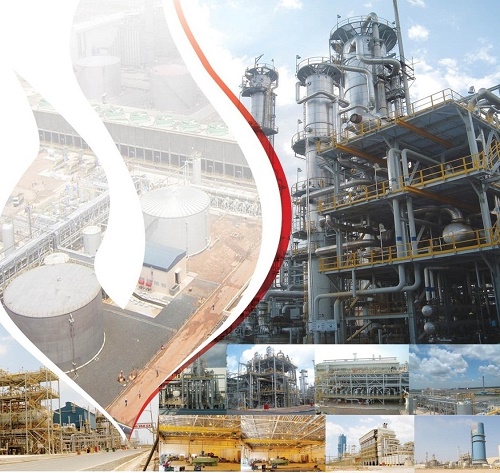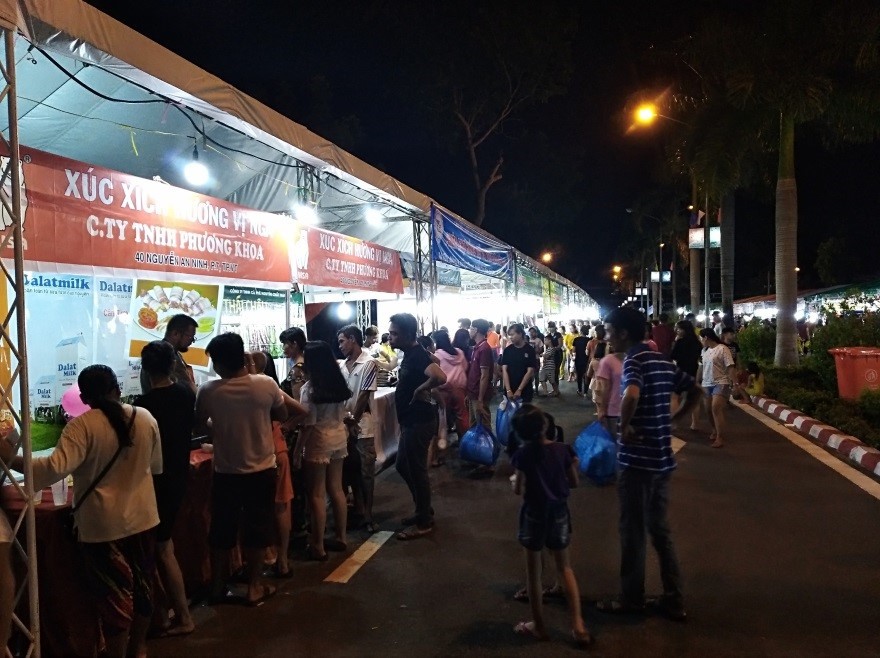VietNamNet Bridge – HSBC Bank in a report released on Tuesday expressed concerns over the low consumer price index (CPI) in Vietnam this month, suggesting that economic activity continues to be dragged down by weak consumer confidence.
The Lunar New Year festivities normally boost demand for food but also transportation and core items. However, February’s headline CPI was the lowest since November 2009, rising by only 0.55% against the previous month.
While headline inflation spiked on a month-on-month basis in January and February, it was primarily driven by higher food prices. The rather cool February reading shows that consumers are only purchasing bare essentials such as food while cutting back on items such as household goods and garment purchases.
While gross domestic product (GDP) in the fourth quarter of 2013 accelerated to 6% year-on-year from 5.5% in the third quarter, domestic conditions in Vietnam continued to be weak, dragged down by a large overhang of debt and a sluggish pace of financial sector reform.
New investment in electronics and manufacturing has helped offset slowing domestic investment. However, foreign direct investment inflows are not enough to overcome the slack domestic economy, HSBC said in the report.
The worry is that should investment and spending underperform for too long, further damage would be inflicted on the economy, bearing long-term consequences. Demand for semi-skilled workers is rising due to higher foreign investment but labor demand from small-and-medium enterprises remains weak. With a large informal sector (estimated to be 23.5% of the labor force) and 82% of workers without social insurance, households are vulnerable to economic shocks.
This explains the conservative consumption behavior of the Vietnamese during the Lunar New Year in contrast to previous years when the festivities have typically spurred spending for new clothing and household goods, it said.
In addition, HSBC said the rather sluggish pace of reforms does not instill confidence in the future. While the government established an asset management company in charge of resolving bad debts in the financial system, key reforms to enhance the State Bank of Vietnam’s (SBV) capability to manage Vietnam’s financial system have been delayed.
“With the output gap in negative territory and global commodity prices stable, we expect core inflation to continue to decelerate. Headline inflation, however, will likely accelerate in the next four months due to an unfavorable base effect and higher energy prices,” the bank said.
“Weaker-than-expected demand and slower food inflation due to stable rice prices pose downside risks to our 7.3% inflation forecast in 2014. With inflation subdued, SBV has space to keep the open market operations rate on hold at 5.5%.”
Source http://english.vietnamnet.vn/fms/business/96642/hsbc--low-inflation-a-concern.html
- Domestic petrol prices rise again, global trend blamed - 28/03/2014
- Economists agree on better outlook - 20/03/2014
- Vietnam, Japan establish extensive strategic partnership - 19/03/2014
- Japanese investment in HCM City continues to rise - 18/03/2014
- Japanese investors opt for Vietnam - 18/03/2014

 Print
Print
 E-mail
E-mail




